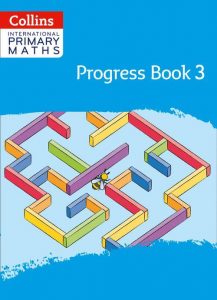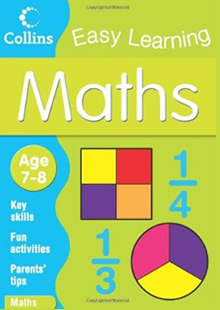For schools

The mediocre teacher tells.
The good teacher explains.
The superior teacher demonstrates.
The great teacher inspires.
– William Arthur Ward
A teacher’s job is highly complex and demanding. It requires the use of a vast array of both professional and personal skills, and an understanding of an enormous range of knowledge.
The first and foremost role of the teacher is to teach, nurture and inspire. The expectation that primary teachers, who teach many different curriculum subjects, can constantly keep up-to-date with current thinking in all these subjects, along with the latest teaching methods and strategies is extremely challenging and demanding, even for the great teacher.
The purpose of a high-quality educational resource is in:
- supporting the school curriculum – helping sequence learning in schools and supporting teachers in understanding the depth of coverage of each topic
- improving equity in education – providing clear, varied and well-researched materials which help a wide range of students gain insight into the subject.
In order to achieve this, a well-designed and well-written educational resource should follow the following 10 principles:
- The aims and purpose are clearly defined
- Syllabus coverage and coherence is rigorous and explicit
- A suitable pedagogical practice is applied taking into account appropriate models of learning
- Concepts are precisely and clearly taught, including through the use of appropriate representations and with variation
- Key vocabulary is fundamental in the development of secure conceptual understanding
- Practice activities enable progression and deepen conceptual understanding and procedural fluency
- Assessment and record-keeping are purposeful, meaningful and manageable
- Production values and formats are consistent with underpinning models of learning
- Continuing Professional Development (CPD) support is provided to supplement the resource
- Evaluation and revision procedures are in place to ensure quality, refinement and enhancement
For home

As the first, longest, and arguably the most influential educators of their child, parents play a vital role in the attitudes and aspirations a child has towards learning and formal education.
Most parents are keen to provide any extra help and support their child may need.
However, many parents are unsure what their child should be learning at a particular age, and how best to go about helping them with this. They are also often concerned about their own lack of knowledge, and understanding as to how a particular concept is taught in school.
As a consequence, parents want reassurance that the work that they are doing with their child at home supports and enhances what their child is learning in school.
Any educational resource aimed at parents should, therefore, help build the bridge between school and home. It should clearly explain to parents the knowledge, skills and understandings that are realistically expected of their child, and provide them with a range of meaningful, fun and easy-to-use activities that help meet these expectations.

